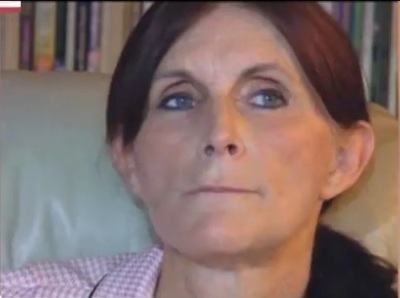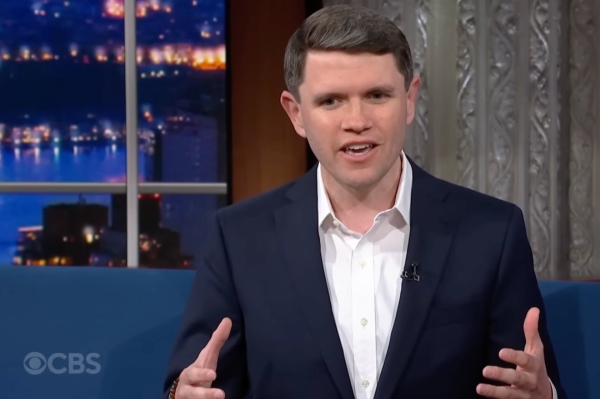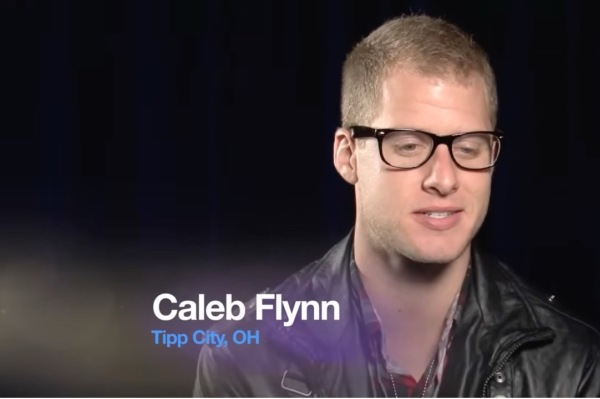YouTube Blocked in Egypt for Hosting 'Innocence of Muslims' Amateur Film

Egypt has blocked YouTube for a 30 day period in a move designed to punish the video sharing website for hosting a film the nation has labeled "anti-Islamic."
Egyptian Judge Hassouna Tawfiq ordered that YouTube be blocked from the country's Internet IPs because it had hosted the film that was "offensive to Islam and the Prophet (Muhammad)."
The ruling was given in the Cairo, the location of the first protests that erupted last year in September against the controversial film. Those violent riots spread to more than 20 countries as news of the amateur film spread, and ultimately resulted in the killing of more than 50 people.
The 14 minute film, called "Innocence of Muslims," offers a portrait of the Muslim Prophet Muhammad as a womanizer and pedophile. It was produced by an Egyptian-born man living in the United States.
However, despite the ruling to block YouTube, various reports from the region suggest that an appeal is highly likely, and that based on previous precedents, the order is unlikely to be enforced.
In the past similar orders have been issued in Egypt to ban certain websites, including pornographic websites, however they have not been enforced due to the high technical costs of applying the bans.
According to The Associated Press the nation's ministry of communications and information technology has appeared unwilling to enforce such bans in the past, although the ministry has made no specific announcement about this case so far.
One human rights lawyer, Gamal Eid, has told AP: "This verdict shows that judges' understanding of technology is weak. The judges do not realize that one wrong post on a website does not mean you have to block the entire website."
Eid has also suggested an appeal should be made and that the government in Egypt should make it clear to judges that specific pages on websites should be blocked, rather than entire websites being blanket banned.





















